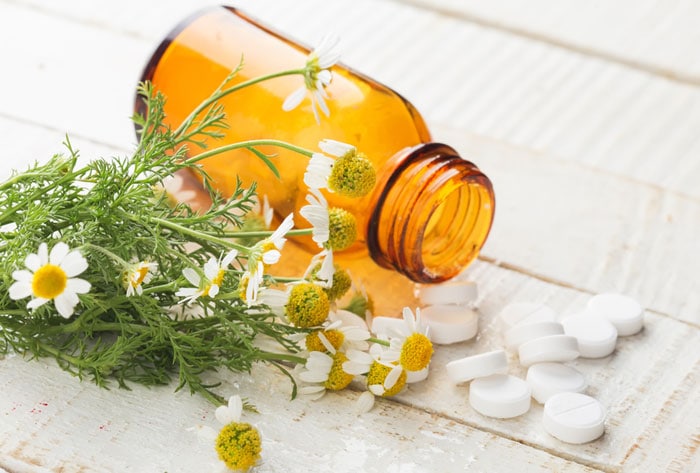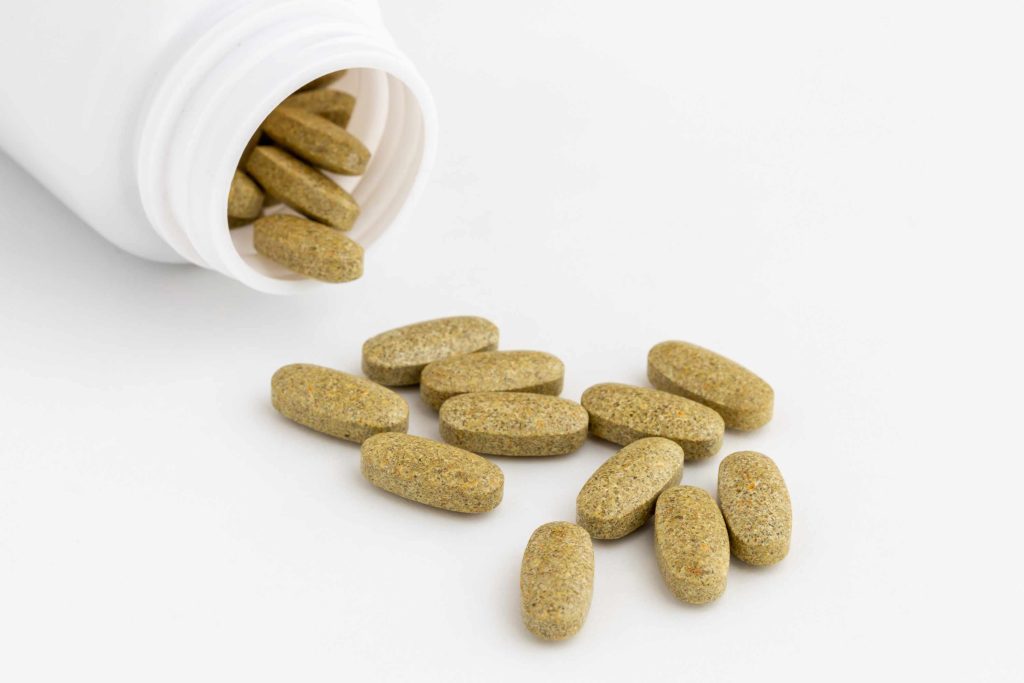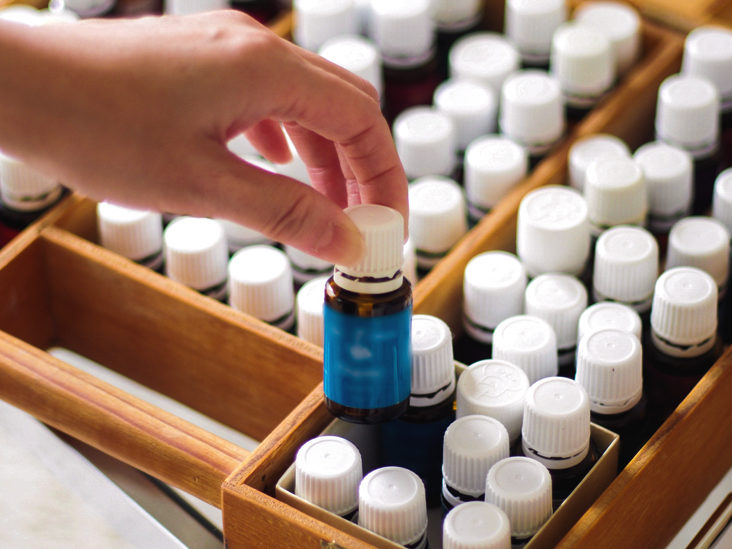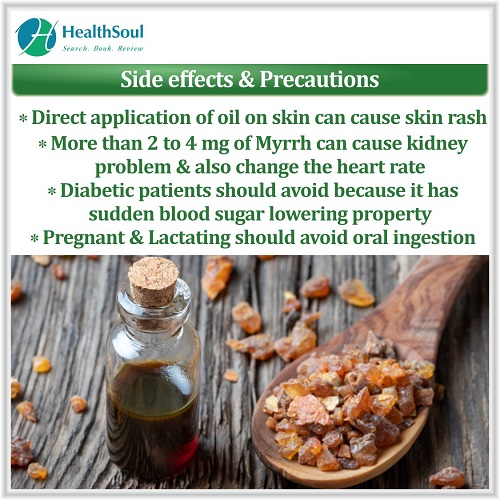What are the side effects of consuming Feverfew?
Feverfew interaction with Drugs
Interaction of a substance generally refers to a potential risk that could develop inside the human body when two or more drugs, products, or medical conditions, interact with one another in a negative manner that could result in certain unwanted health conditions.

Natural products such as feverfew are generally considered safe when taken in food amounts but might be harmful when consumed as a medicine amount like supplements. If an individual is medicating with certain medical drugs to treat any condition, there might be a possibility of interaction between those drugs and Feverfew. This could cause complications in the condition that is to be treated or could result in new unwanted conditions. Such interacting medical drugs include:
- Antiplatelet/Anticoagulant drugs– Intake of feverfew along with drugs that resist blood clotting could increase the risk of bruising and bleeding due to lower blood clotting than usual. Drugs that decreases the blood clotting includes clopidogrel (Plavix), enoxaparin (Lovenox), warfarin (Coumadin), aspirin, dalteparin (Fragmin), heparin, ticlopidine (Ticlid), and several others.
- Cytochrome P450 1A2 (CYP1A2)– Some medicines require the liver for their breakdown and change inside the body. Feverfew might reduce the breakdown action of such medicines which might result in several unwanted side effects.
- Cytochrome P450 2C91(CYP2C91)– Some medicines require the liver for their breakdown and change inside the body. Feverfew might reduce the breakdown action of such medicines which might result in several unwanted side effects.
- Cytochrome P450 2C9(CYP2C9)– Some medicines require the liver for their breakdown and change inside the body. Feverfew might reduce the breakdown action of such medicines which might result in several unwanted side effects.
- Cytochrome P450 3A4(CYP3A4)– Some medicines require the liver for their breakdown and change inside the body. Feverfew might reduce the breakdown action of such medicines which might result in several unwanted side effects.
- Cytochrome P450 2C8(CYP2C8)– Some medicines require the liver for their breakdown and change inside the body. Feverfew might reduce the breakdown action of such medicines which might result in several unwanted side effects.
Precautions and warnings before using Feverfew
Although being a natural herb that is used for a number of medical applications, there are certain medical conditions in a human body in which intake of Echinacea must be limited or avoided in order to prevent complications. Interference of this herb could result in worsening of certain medical conditions or might cause other unwanted conditions. Such medical conditions includes:
- Pregnancy– Feverfew is commonly considered safe during pregnancy when consumed in a food amount. However, a pregnant woman must avoid consuming Echinacea as it may increase the risk of miscarriage and contractions.
- Breastfeeding– There is not enough evidence regarding safety of mother or nursing child while breastfeeding and consuming Feverfew. Therefore, it is advisable to avoid using this herb during breastfeeding.
- Bleeding disorder– Intake of feverfew resist blood clotting could increase the risk of bruising and bleeding due to lower blood clotting. People diagnosed with bleeding disorder tend to have an increased risk of more bleeding than usual.
- Surgery– Feverfew reduces the formation of blood clotting. This might increase the bleeding during or post surgery. It is advisable to avoid using feverfew before 2 weeks of surgery.
- Allergy– Feverfew might cause allergic reactions in people who are allergic to it or any of its family members of Asteraceae.
Side effects of using Feverfew
Interaction of Feverfew with several medical drugs and no precautionary actions against several medical conditions might cause certain unusual or allergic side effects and condition in a human body that includes:
- Diarrhea
- Upset stomach
- Bloating
- Constipation
- Vomiting
- heartburn
- loss of taste
- swelling in the mouth
- mouth sores
There could be more side effects not mentioned in the above list. An individual must make sure to consume feverfew with proper precaution and avoid interaction in order to prevent side effects. However if side effects are observed, it is advisable to contact a doctor or get immediate medical attention as soon as possible if necessary.
REFERENCES:
- https://www.webmd.com/vitamins/ai/ingredientmono-933/feverfewhttps://www.healthline.com/nutrition/feverfew#intro
- https://www.drugs.com/npp/feverfew.html
- mountsinai.org/health-library/herb/feverfew
- https://www.versusarthritis.org/about-arthritis/complementary-and-alternative-treatments/types-of-complementary-treatments/feverfew/
- https://www.verywellhealth.com/the-health-benefits-of-feverfew-89562
- https://www.ncbi.nlm.nih.gov/pmc/articles/PMC3210009/
For more details, kindly visit below.











